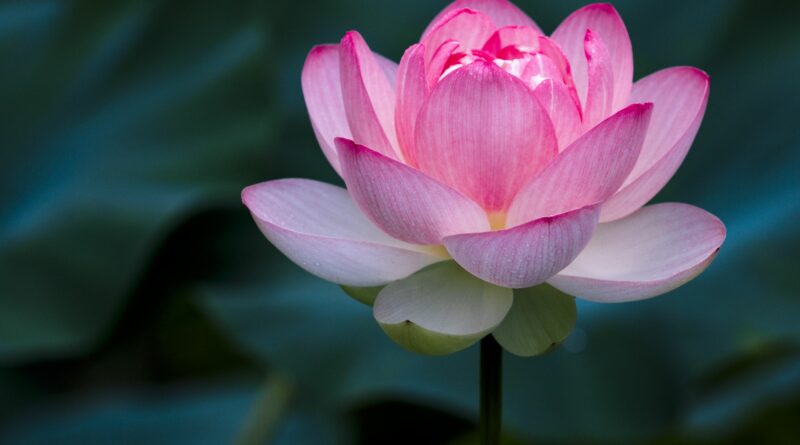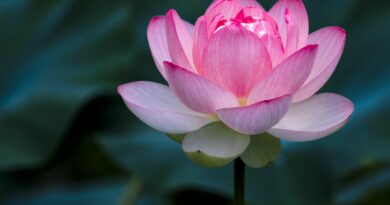31-40
MAIN CONTENT
- 31. Problems & responsibilities
- 32. The poorer, the happier
- 33. The less, the better
- 34. Didn’t think of that
- 35. Don’t aim in the wrong direction
- 36. In the Buddha’s words
- 37. Those with no fault by way of speech
- 38. The perfection of endurance
- 39. No trouble through his words
- 40. Monks who victimize spirits
31-40
31. Problems & responsibilities
One of the problems in administering the Saṅgha, in addition to having to deal with all the other major and minor issues that come up, is the lack of monks who will be abbots. We sometimes hear news of monks competing to become abbot of a monastery, but Luang Pu’s students had to be cajoled or forced into taking on the abbotship in other monasteries. Every year without exception, groups of lay people would come to Luang Pu, asking him to send one of his students to become the abbot at their monastery. If Luang Pu saw that a particular monk should go, he would plead with him to go, but for the most part the monk wouldn’t want to go. The usual excuse was, “I don’t know how to do construction work, I don’t know how to train other monks, I don’t know how to give sermons, I’m no good at public relations or receiving guests. That’s why I don’t want to go.”
Luang Pu would respond,
“Those things aren’t really necessary. Your only responsibility is to follow your daily duties: going for alms, eating your meal, sitting in meditation, doing walking meditation, cleaning the monastery grounds, being strict in observing the Vinaya. That’s enough right there. As for construction work, that depends on the lay supporters. Whether or not they do it is up to them.”
32. The poorer, the happier
To the end of his life, Luang Pu would have his daily warm-water bath at 5:00 every evening, assisted by a monk or novice. After he had dried off and was feeling refreshed, he would often speak a few words of Dhamma that occurred to him at the time. For instance, once he said,
“We monks, if we establish in ourselves a sense of satisfaction with our status as monks, will find nothing but happiness and peace. But if we have the status of a monk and yet hanker after any other status, we’ll be engulfed in suffering all the time. When you can stop thirsting, stop searching, that’s the true state of being a monk. When you’re truly a monk, the poorer you are, the more happiness you have.”
33. The less, the better
“Even if you’ve read the whole Canon and can remember lots of teachings; even if you can explain them in poignant ways, with lots of people to respect you; even if you build a lot of monastery buildings, or can explain inconstancy, stress, and not-self in the most detailed fashion—if you‘re still heedless, you haven’t tasted the flavor of the teachings in any way at all, for those other things are all external. The purposes they serve are all external: as a benefit to society, a benefit to other people, a benefit to posterity, or a symbol of the religion. The only thing that serves your own true purpose is release from suffering.
“And you’ll be able to gain release from suffering only when you know the one mind.”
34. Didn’t think of that
In one of Luang Pu’s branch meditation monasteries there lived a group of five or six monks who wanted to be especially strict in their practice, so they made a vow not to talk throughout the Rains Retreat. In other words, no word would come out of their mouths except for the daily chanting and the bi-weekly Pāṭimokkha chant. After the end of the Rains they came to pay their respects to Luang Pu and told him of their strict practice: In addition to their other duties, they were also able to stop speaking for the entire Rains.
Luang Pu smiled a bit and said,
“That’s pretty good. When there’s no speaking, then no faults are committed by way of speech. But when you say that you stopped speaking, that simply can’t be. Only the noble ones who enter the refined attainment of cessation, where feeling and perception stop, are able to stop speaking. Aside from them, everyone’s speaking all day and all night long. And especially those who vow not to speak: They talk more than anyone else, simply that they don’t make a sound that others can hear.”
35. Don’t aim in the wrong direction
In addition to the wisdom that came straight from his heart, Luang Pu would also quote passages from his having read the Canon. Any passage that he saw as important, as a short and direct lesson in the practice, he would repeat to us. For instance, one of the Buddha’s teachings that he liked to quote was this: “Monks, this holy life is not practiced for the sake of deceiving the public, nor for the sake of gaining their respect, nor for the sake of gains, offerings, and fame; nor for the sake of defeating other sectarians. This holy life is lived for the sake of restraint, abandoning, dispassion, and the cessation of suffering.”
Luang Pu would then add,
“Those who ordain and those who practice have to aim in this direction. Any directions other than this are all wrong.”



